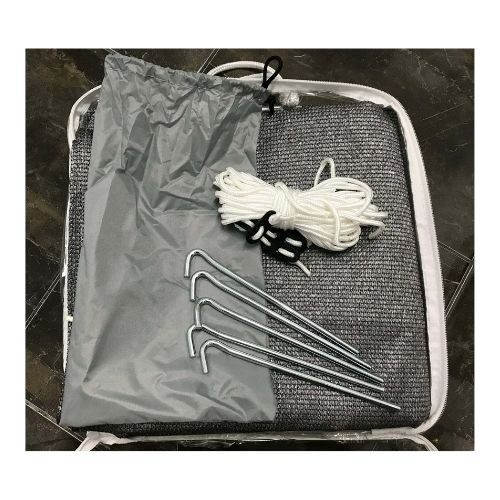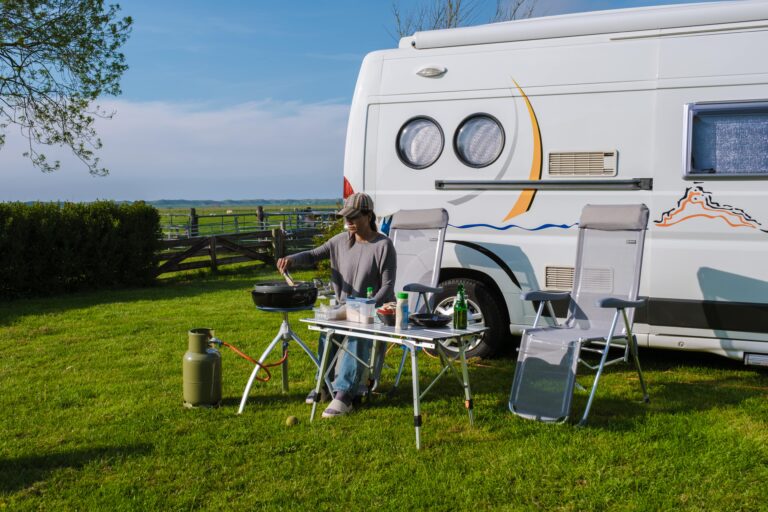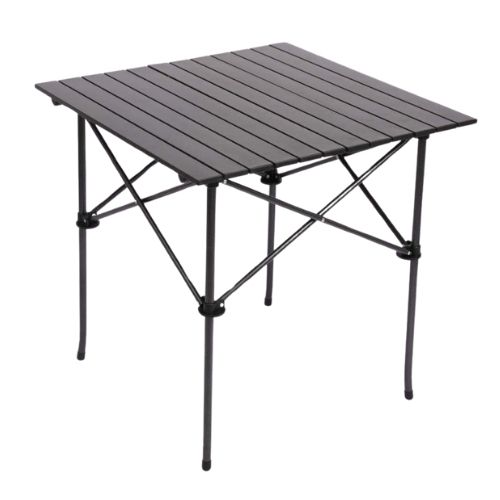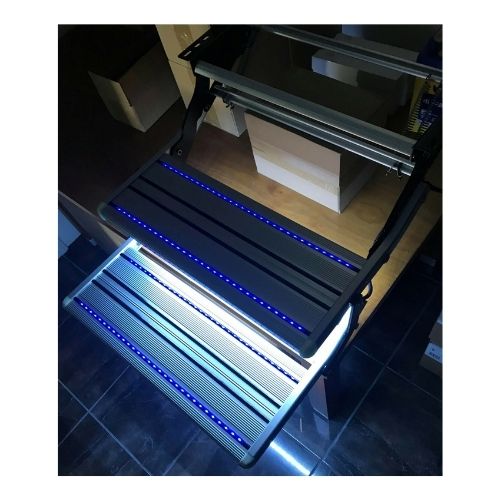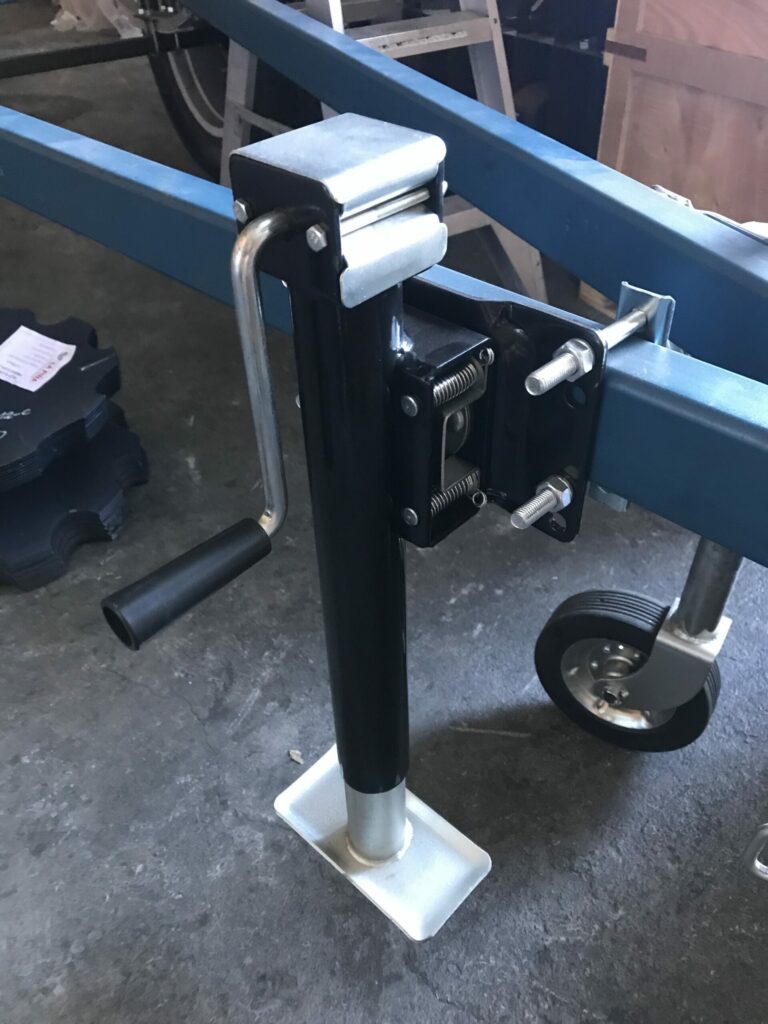What To Take When Travelling Off-Grid
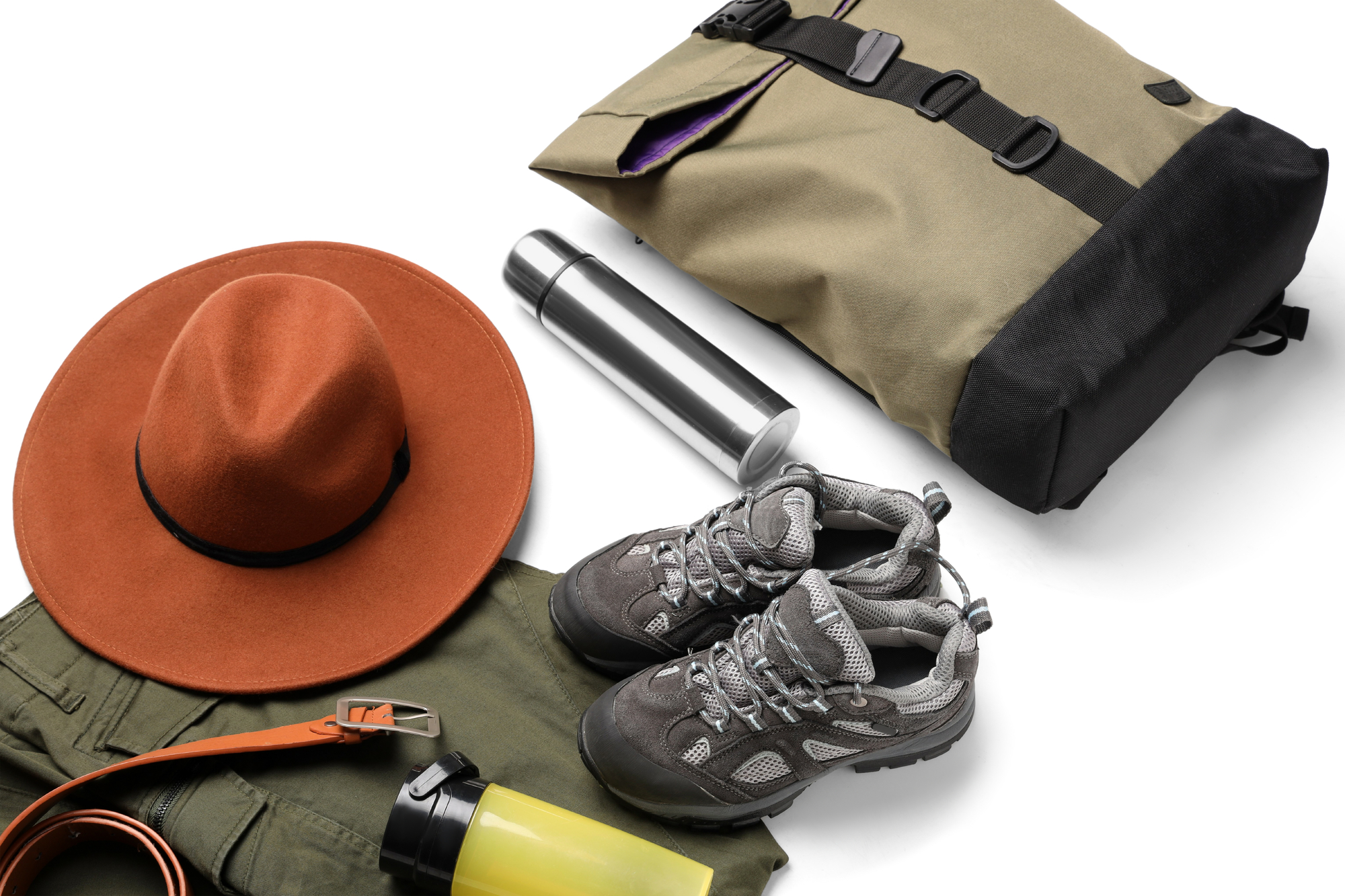
Travelling off-grid is more challenging when travelling from one campground to another.
You cannot access the same amenities when travelling off the beaten track. It would be best to prepare for almost anything and know how to look after yourself.
The emphasis is on self-sufficiency and going back to basics. When travelling off-grid, you probably have to pack a few extra items.
Let’s take a look at what experienced off-grid campers bring with them.
10 Essentials For Off-Grid Travel
Before you embark on your off-grid adventure, ensure your vehicle is safe and ready to handle the road conditions. If you plan to travel off-road, bring a puncture repair kit and a spare tyre.
1 Shelter, Shelter and Shelter
When you travel off the grid, you may need extra shelter. The sun is often more intense in the bush or on the beach.
Portable shading is a great idea. You can also buy lightweight awnings that are easy to move around your camp.
Don’t forget about the flooring. A camping mat makes your stay in the outback more comfortable and reduces dust.
2 Map and Compass
Bring a map and compass – why? Using a map and a compass is essential if you travel away from urban centres. You may be many miles away when you discover you don’t have a GPS signal.
Don’t just carry on driving. Get your map and compass out to ensure you always know where you are. Getting lost is a severe risk when travelling off the grid.
3 Water and Liquids
You can’t have enough water. Although you often encounter water, it does not mean drinking or washing it is safe.
Water weighs instead a lot, so you need to plan. One litre of water weighs one kilo. Plan and consider how much water you need for your off-road trip. Don’t forget that during the hot season, you need more water. Plan for at least 5 litres per day per person.
Other liquids are also essential, and that does not mean alcohol. Sports drinks are a good choice when you feel fatigued. You can also buy drinks that help protect you against dehydration.
4 Insect Repellent and Sunscreen
All of us who have enjoyed trips in the Australian bush know that insects are a problem. There are a lot of them! Insect repellent is a must.
The Australian sun is warmer and more intense than in other parts of the world. Don’t forget to pack the best sunscreen money you can afford to buy.
5 Hiking Shoes
Don’t sit around – get out and enjoy what Australian nature offers.
Remember, you are probably far from medical facilities. Protect your feet and ankles by wearing good-quality shoes. MBT walking shoes are the best for flat surfaces.
When the ground is wet, you need suitable boots or shoes that stop your feet from getting soaked.
Also, remember to pack plenty of socks.
6 The Right Clothing For the Conditions
Although you should not overpack, bringing clothing suitable for various weather and climatic conditions is essential.
These days, the climate is changing so fast that you never know what the weather will be like. Bring clothes that can handle both wet and dry hot weather.
7 Camping Lantern
When it comes to power, you must rely on the sun or a generator.
You should light up your camp at night to stay safe. Yes, it will attract insects, but it may deter other critters.
Solar-powered camping lanterns are a great option. During the day, they collect energy from the sun. If they have stored enough at night, they light up your camp until early morning.
8 Satellite Phones and Two Way Radios
Always bring a two-way radio and make sure you can use it. You should not need it, but a two-way radio is an emergency lifeline.
The more expensive option is a satellite phone. Great, but satellite phones are costly.
A good quality first aid kit is another must-have.
9 Non Perishable Food
Camping refrigeration uses a lot less power than it used to. However, there are better options for camping off-grid.
Instead, try to bring as many non-perishable food items as you can. The best food items to bring include:
● Canned goods
● Dried fruit
● Energy bars
● Nuts
10 Portable Toilet
Another must-have is a portable toilet. In many parts of the country, you are never required to remove all waste that you produce. This includes personal waste.
The best way to deal with this is to bring a portable toilet.
Thanks to new innovative designs and technologies, portable, eco-friendly toilets are now available. Ensure you use eco-friendly toilet chemicals.
Your portable toilet should be light enough. The last thing you want to do is worry about moving it around. Depending on your chosen option, cleaning and emptying should also be easy.
Final Thoughts
Camping and travelling off the grid is all about respecting the environment. It is best to adopt a policy of “leave no trace behind.
Australia offers so much freedom when compared to many other countries in the world. Enjoy the natural environment and show respect at the same time!




